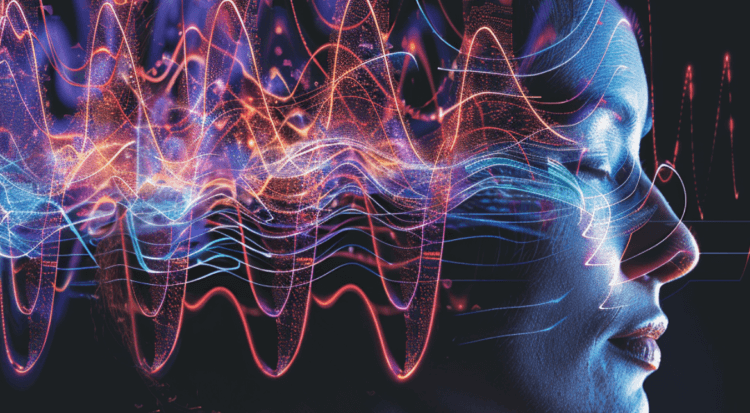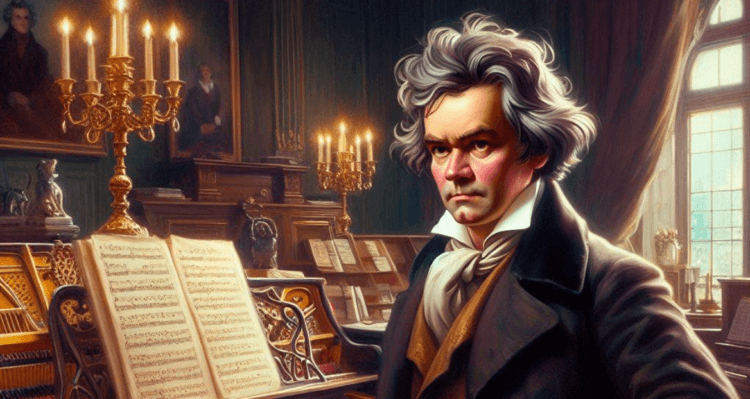The feeling of an inner voice is the ability to experience auditory images, that is, to “hear” a voice during an internal dialogue or even a monologue with oneself. For example, when a person mentally reproduces a conversation with someone he knows, he clearly imagines his voice. Sometimes people even «hear» a person’s voice when they read a letter from him or, for example, a message in a messenger. The feeling of an inner voice is very similar or even the same thing as the ability to imagine sounds — for example, a familiar melody or the sound of a siren. Previously, it was believed that absolutely all people could imagine voices and sounds in their minds, but recent research has shown that this is actually not the case. A recent study by scientists has shown that people who have such abilities have some advantages over those whose inner voice is silent.

Many people experience auditory imagery that gives them some benefits
Why «hear&# 187; inner voice — this is good
Scientists recruited more than 90 volunteers for their recent study. Half of them reported having a “chatty” inner voice that they could clearly hear. The second half of the volunteers did not have a sense of inner voice. All participants were asked to complete a series of tasks, such as remembering words in a certain sequence, coming up with rhymes for words, etc.
The tasks were difficult for all participants, but the researchers suggested that they might be even more difficult for those who do not have a sense of inner voice, since words to solve a problem must be repeated to themselves. Those who hear their inner voice solve problems faster and better.

The ability to «hear» voice helps process words
The study showed that the hypothesis was correct. Volunteers who “heard” inner voices were significantly superior to other participants in the experiment in their ability to solve such problems. The authors report this in the journal Psychological Science. According to the scientists, the results suggest that the ability to “hear” voices helps people process words. It must be said that in other tasks on multitasking and attentiveness, there was no difference in performance between participants.
Why not all people “hear” voices
During the study, scientists discovered an interesting feature – the difference in problem-solving ability between the two groups of volunteers disappeared when all participants in the experiment spoke the words out loud. This suggests that using a real voice may be as effective as using an inner voice.
It is possible that people who do not have a sense of inner voice have other strategies for coping with problems associated with word processing. For example, some volunteers said they tapped their index finger when solving one type of problem, and their middle finger when solving another type of problem. People can also pronounce words in a whisper.

People who don't «hear voices» use other strategies to help process words
Although the cause-and-effect relationship is not clear, it can be assumed that some people did not develop a sense of inner voice because they used other strategies from childhood. However, more research is needed to draw conclusions. It is quite possible that there are other reasons for the lack of auditory imagery that have yet to be understood.
What benefits do auditory imagery provide?
According to the researchers, the differences found between people do not affect communication, for example, they do not cause delays during a normal conversation. It also appears that people with a “silent mind” remember verbal information just as well as people who do not have a sense of inner voice.

Ludwig van Beethoven composed music even when he was completely deaf
But it is quite possible that there are differences , which scientists simply don’t know about yet. Perhaps these differences affect the effectiveness of “talk therapy,” which aims to change thought patterns. Perhaps this therapy works more effectively for people who experience auditory imagery.
Don't forget to subscribe to our Zen and Telegram channels so you don't miss the most interesting and incredible scientific discoveries!
You can also remember another advantage that auditory images provide. Let us remember that the composer Ludwig van Beethoven lost his hearing, but at the same time continued to invent music. Most likely, he had a highly developed sense of this, thanks to which he heard music even without hearing.